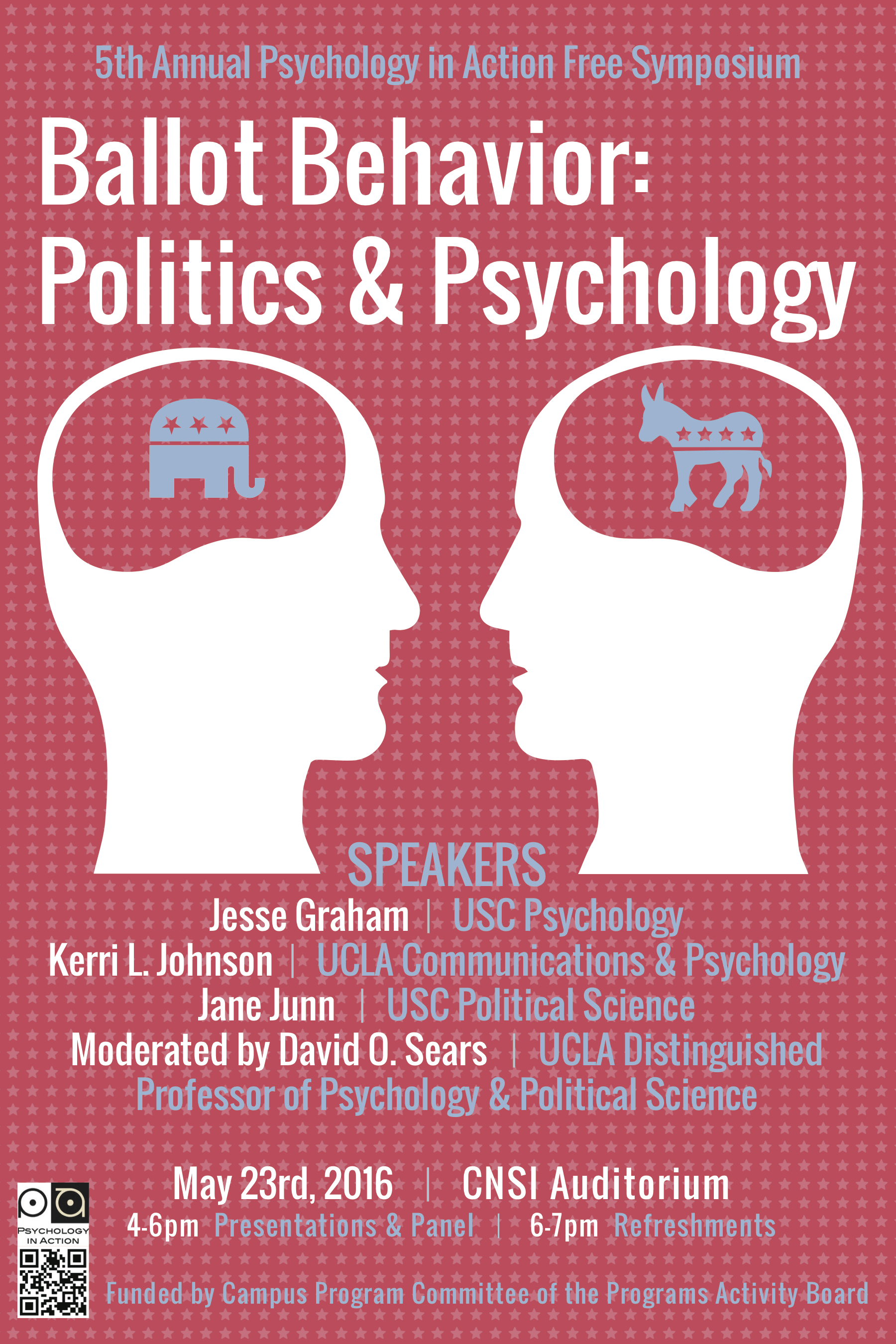-
A Nation Divided: Partisanship and Morality
It seems that the divide between conservatives and liberals grows sharper every day, especially during election season. But what is the source of this bitter partisanship? Research by Jonathan Haidt and Jesse Graham may begin to provide an answer. Their research suggests that people of different political affiliations are not merely divided over the specific…
-
Quick Tips for Becoming Poll-Literate
If you’re a political junkie like me, or just a casual election-follower, you’ve probably read a few polls that made your jaw drop. Here are some things a skeptical poll consumer should look for before letting their jaw fully drop. Selection Bias One of the first questions you should ask yourself when you read…
-
Are there differences at the neural level in the ways that liberals and conservatives process information?
Some theories suggest that conservatives tend to have a more structured and persistent cognitive style, where liberals tend to be more open to ambiguity. Building on this idea, a recent paper by David Amodio and his colleagues investigated whether liberals and conservatives would show different brain responses when completing a task requiring cognitive control. They…

